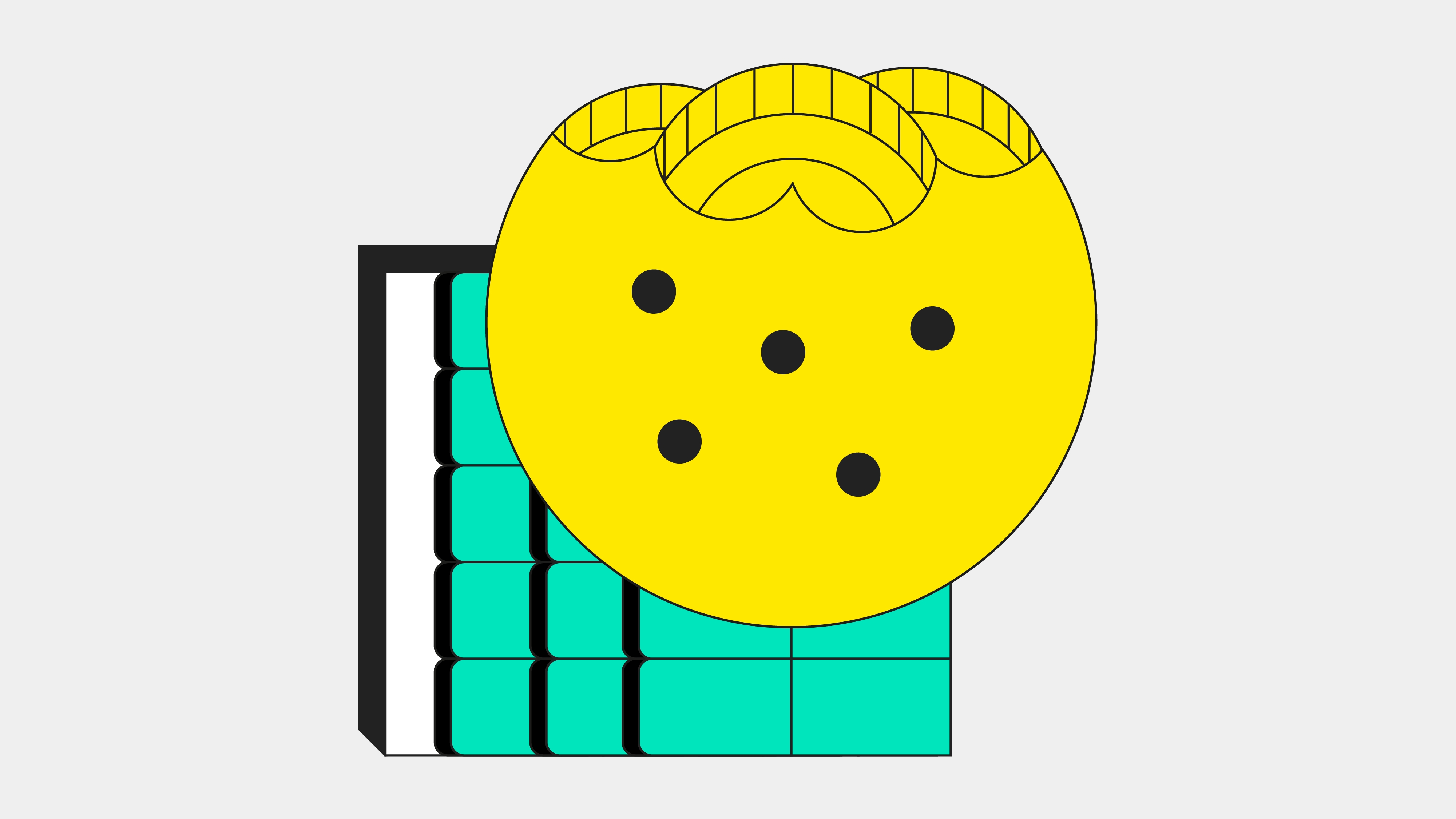Fintech is constantly evolving and creating new ways to deliver a positive customer experience. But if they can do it, surely everyone else can too?
Haters gonna hate
I love modern art (this is about fintech, I promise). It’s interesting, it’s evocative, and if you really engage with it then it can make you reconsider ordinary things in a new way. Sound familiar? But, invariably, whenever you bring up modern art: in a group chat, at a dinner, in the pub, some genius will utter the words ‘I could have done that.’ It’s a cheap and lazy response. I’m sure there are many impassioned, well-thought out defenses of modern art by those who know vast amounts on the subject. My defense is simple, ‘But you didn’t.’ That mindset is bleeding into the fintech space. Neobanks release innovative products and services. And there’s no justifiable reason why banks haven’t offered, for example, geolocated contactless payment notifications . There is one reason, and it’s the same reason why not everyone is a successful modern artist, it never occurred to them in the first place. Someone creates something interesting and others jump in to point out that the underlying idea is obvious, so obvious in fact that they couldn’t be bothered to make it themselves. But they could have, of course they could have. They just didn’t. Now, this isn’t a dig at banking employees, there are brilliant people working at all levels in these firms. It’s about the culture at banks born from years of doing the same thing, the mass-market product approach, that in an age of rapidly evolving consumer habits have suddenly become ineffective. It’s the focus on the ‘services’ in financial services, where everyone is treated as individuals, with differing hopes, needs and requirements rather than being serviced with an account or a savings product. The banks could have done these things, but they didn’t. The modern art style of thinking at fintechs is at odds with centuries of proven practice.
Legacy lessons
Legacy banking creates legacy bankers, which creates legacy thinking and a legacy culture, all of which creates the same view of the financial landscape. Regardless of the variation of interpretations, starting from the same initial legacy viewpoint means that incumbent banks aren’t able to see the changes that need to happen in the same way as a neobank does. Banks are struggling to keep up the pace with their digital-only counterparts. Some progress is being made in terms of creating positive working relationships. But ultimately, if incumbent banks want to stay relevant they need to re-evaluate their approach to the digital space. Working together with fintechs is one strategy that can aid that but doing so effectively is vital. Incumbents are in a precarious position with how they want to approach their digital offerings. From the outside it appears as though some may just be waiting for fintechs to deliver value, aping certain features or functions as a nod to innovative thinking But it’s missing a trick. Working collaboratively to learn from each other and take onboard that native view of the digital landscape is the most effective way to deliver meaningful value in the short to medium term for incumbent banks to develop a new approach that’ll improve offerings across the board and recognise what processes are a waste of time. That way when incumbents are approached by a fintech with out of the box solutions it’s easier to instantly spot what’s going to work in the new digital world and instead of saying that you could have done that the next time you see a cutting-edge fintech offering you’ll be the one delivering it. If you want to keep on top of what’s going on in the fintech space then make sure to subscribe to the Fintech Insider podcast.





.svg)
.svg)





